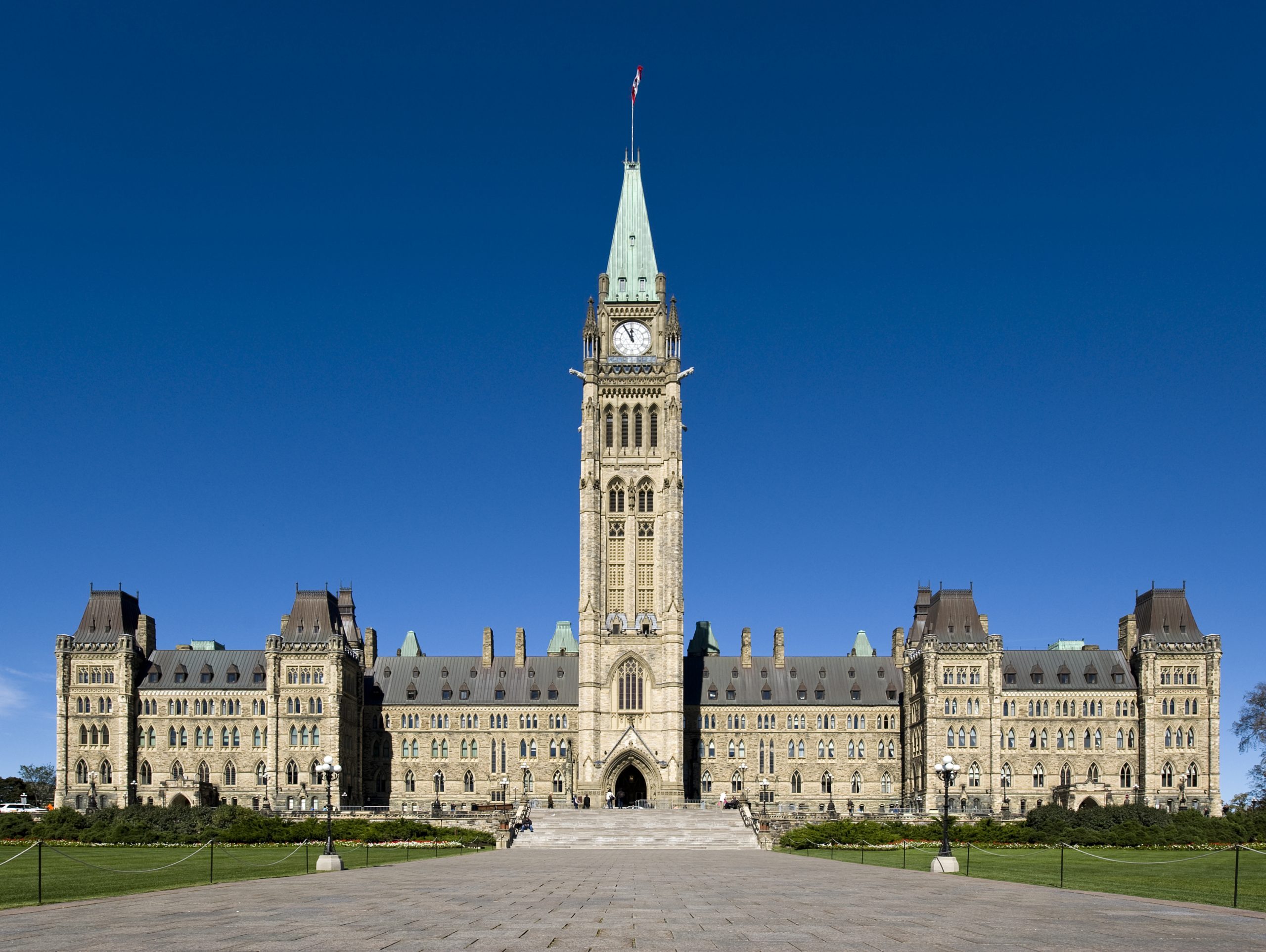Take the highest tax regime in Western Canada, the fattest government in the country and throw in the nation’s lowest level of private investment and moribund population growth, and what do you get? In Manitoba it’s a recipe for political success. Or, more accurately, an electoral landslide.
By overwhelmingly re-electing premier Gary Doer’s NDP government to a third majority on Tuesday, with 35 seats in the legislature, compared to 19 for the PCs and two for the Liberals — making it the most successful NDP government in history — Manitobans threw their enthusiastic endorsement behind the “status quo,” says Richard Sigurdson, a political scientist and dean of arts at the University of Manitoba. “The thing about Manitoba is it’s a very steady-as-she-goes province,” he says. “People here are generally content with the way things are.”
In his victory speech, the 59 year-old Premier announced: “The people of Manitoba have voted … to move forward, and that’s what we’re going to do.” But what, exactly, the province will move forward toward, however, remains something a lot of political observers are still guessing at.
“This was a Seinfeld election — it was really about nothing,” says Peter Holle, president of the Frontier Centre for Public Policy, a Winnipeg-based economic think-tank. “No one was really interested in talking about the important issues that face the province.”
Paltry NDP promises to expand a community centre here, build a new library there or hire a few dozen more doctors seemed small change next to Liberal and Tory vows to slash taxes and implement badly needed healthcare reforms, but ambitious types don’t impress locals much, says Mr. Sigurdson. “Manitobans are highly skeptical of politicians that would promise to dramatically change the circumstances of the province,” he says. “The NDP government was actually the most ‘conservative’ in this election, in that they promised the least amount of change.” Added one frustrated Tory voter yesterday, “This province is a low-expectation, low-achievement environment.”
It is tough to dispute, after all, that Manitoba’s health has generally deteriorated since Mr. Doer was first elected eight years ago — which might go some way to explaining the dismal 58% turnout at Tuesday’s polls. Spending in the province, under the NDP, has outstripped growth. Job creation, at 0.9%, is barely a shade of the 2.3% national average, and comes entirely from the public sector, while the private sector has seen a net shrinkage of thousands. Private capital expenditures of $4,500 are the lowest in Canada (in Saskatchewan it’s $6,698; in Alberta, $14,405). And Manitoba is the only Western province to have seen virtually zero population growth in the last decade, while hospital waiting times have only worsened, despite Mr. Doer’s last-election pledge to end “hallway medicine” and unloading massive new spending on the health system (Manitoba spends 30% more than the national average on health costs).
The provincial debt, at $20-billion, consumes roughly a quarter of the province’s GDP just to service and opposition critics have argued that Mr. Doer has avoided a deficit only by raiding the treasury of Manitoba Hydro, a Crown corporation. All of this in the heaviest taxed province west of Quebec — with the burden of all corporate, investment and income taxes nearly double that of Alberta.
Unable to keep up with the neighbours, Manitoba’s dependence on federal handouts has become an uncontrolled addiction. When the NDP took provincial power away from the PCs in 1999, about 32% of revenues were comprised of federal transfers. Today, the number is closer to 37% — a crutch, says Mr. Holle, that hides the severity of Manitoba’s economic malaise. “We’re in an Alice in Wonderland environment, here, where problems are distorted by all these transfers,” he says. “If you want to have a serious public policy discussion in this province, you really have to take these transfers away.”
With Manitoba’s prospects likely the dimmest in Western Canada, and no hopeful glimmer in sight, it’s fortunate for the NDP it has a sunny leader in Mr. Doer. Like Ralph Klein, the former corrections officer has perfected a man-of-the-people persona. “He’s the kind of guy you’d like to go for a beer with, and unlike Ralph, he can actually drink the beer. Everyone’s fishing buddy,” says one Winnipeg businessman who knows him. “There’s no question this election was all about Gary Doer,” adds Shannon Sampert, a politics professor at the University of Winnipeg. “He’s not your typical politician.”
That winsome Everyman charisma evidently proved something that Jon Gerrard, the pediatric oncologist heading the Liberal party, and Hugh McFadyen, the PC leader and lawyer, couldn’t compete with — no matter how many economic reforms they offered up. Throughout the campaign, Mr. McFadyen insisted that to secure its future, “Manitoba needs some boldness.” That may be so.
But judging from Tuesday’s election, boldness is not something Manitobans are quite ready for.


